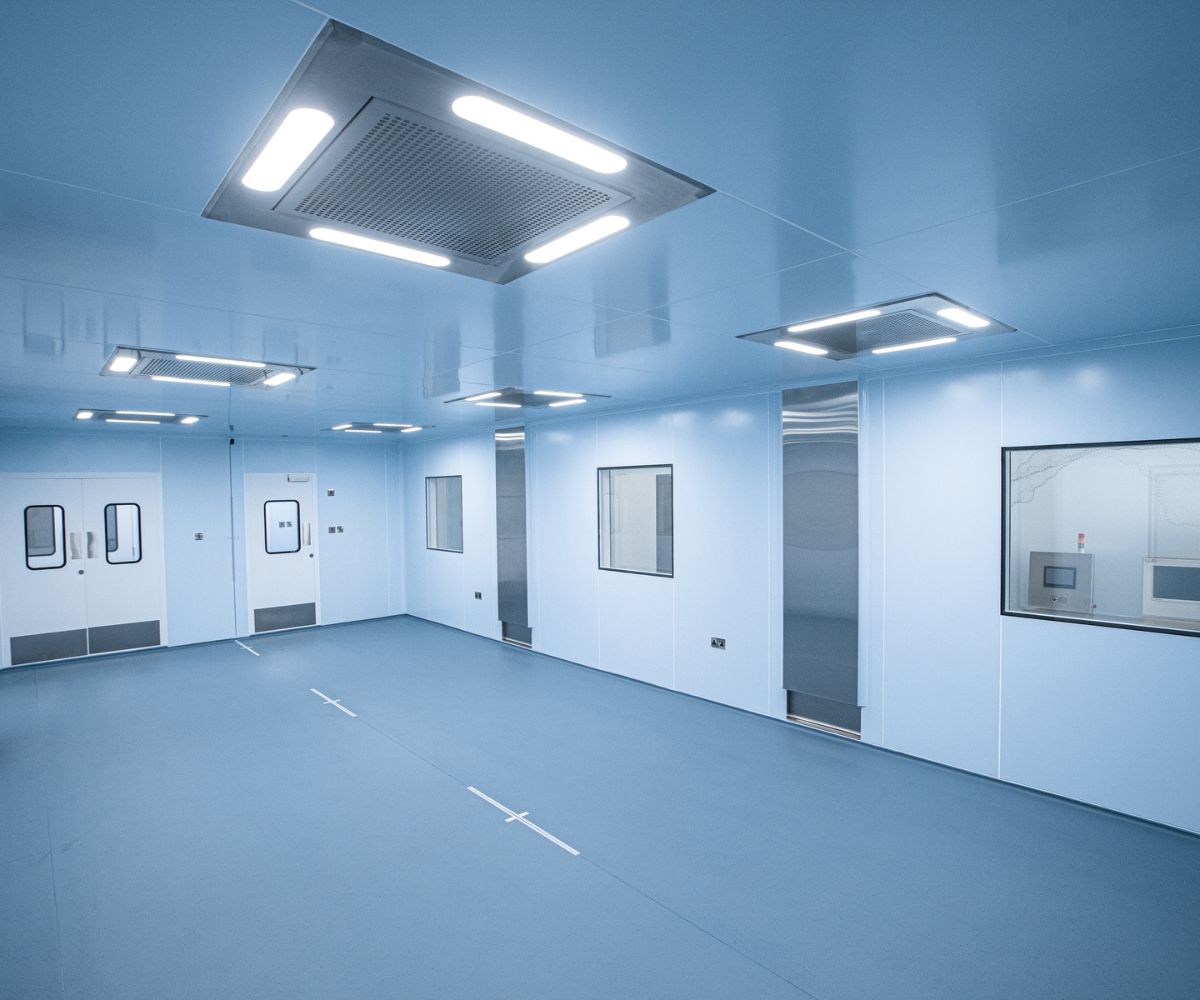When you’re shopping for a home loan, choosing between a fixed or variable rate mortgage is one of the most important decisions you’ll make. It directly affects how much you’ll pay monthly and over the full term. A fixed rate offers stable payments, while a variable rate can fluctuate based on market trends. Each option has its own advantages depending on your income stability, financial goals, and risk tolerance. In this guide, we’ll break down the key features of both mortgage types, when each works best, and how to make a confident, informed choice based on your personal situation.
Understanding Fixed-Rate Mortgages
A fixed rate mortgage has an interest rate that stays the same throughout the entire loan term. Whether you choose 15, 20, or 30 years, your monthly payment will not change. This makes it easier to budget long term. Homeowners who like predictability often prefer fixed rates. You’ll know exactly what you owe every month. Fixed rate loans are ideal if interest rates are low or if you plan to stay in your home for a long time. They protect you from market fluctuations and sudden payment increases.
What Is a Variable Rate Mortgage?
A variable rate mortgage, often called an adjustable-rate mortgage (ARM), starts with a low interest rate that can change over time. These changes depend on the market or an index like the U.S. Prime Rate. While the initial rate is usually lower than that of a fixed mortgage, it can increase after a set period. If rates go up, your payments can grow. This loan might be right if you expect to sell or refinance before rates adjust.
Pros of Fixed-Rate Mortgages
There are several advantages to choosing a fixed rate mortgage:
- Predictable Payments: Your payments stay the same each month, making budgeting easy.
- Long-Term Planning: You can plan finances without surprises.
- Stability: No matter how market rates move, your interest won’t change.
This option is great for people who want consistency. Especially for families and retirees, fixed rates offer peace of mind over time.
Pros of Variable Rate Mortgages
A variable mortgage has its own benefits:
- Lower Initial Rate: You’ll often start with a cheaper rate than a fixed mortgage.
- Cost Savings (Short Term): If you plan to move or refinance soon, you could save money.
- Flexibility: Many ARMs offer caps that limit how much rates can rise each year.
Variable rates work best for borrowers who expect their income to grow or who don’t plan to stay in their home long-term.
Comparing the Risks
When comparing a fixed or variable rate mortgage, it’s important to weigh the risks. Fixed mortgages offer long-term protection from rising rates but often come with a higher initial cost. On the other hand, variable mortgages can increase over time. If your income doesn’t grow or rates rise sharply, payments could become unaffordable. Think carefully about your ability to manage changes.
Factors to Consider Before Choosing
Before picking between a fixed or variable rate mortgage, think about:
- How long will you stay in the home?
- Do you expect your income to rise?
- How much risk are you comfortable with?
- What is the current average mortgage rate?
Knowing your financial plans helps you choose the right type. If you plan to stay more than five years, fixed may be safer. For short-term ownership, a variable rate might work better.
Home Equity Loan Rocket Mortgage: Another Option
If you already own a home and need cash, a home equity loan rocket mortgage may be a smart choice. It allows you to borrow against your home’s value. Unlike a variable mortgage, many home equity loans come with fixed rates. That means your payments won’t change. Home equity loans from companies like Rocket Mortgage can help fund major projects or consolidate debt. You should still compare terms before borrowing. Consider how it impacts your finances and long-term goals.
When a Fixed-Rate Mortgage Works Best
Choose a fixed mortgage when:
- You want steady payments
- You’re buying your forever home
- Interest rates are low
- You dislike financial surprises
This option helps avoid payment increases. It’s perfect for those on fixed incomes or people who expect to stay in one place.
When to Go for a Variable Rate Mortgage
A variable rate might be a better fit if:
- You plan to sell or refinance in a few years
- You expect income growth
- You’re comfortable with some financial risk
- You want a low starting rate
Still, make sure you understand how high rates can go. Ask about rate caps and adjustment schedules before signing.
Blending with a Home Equity Loan Rocket Mortgage
Some buyers use a home equity loan rocket mortgage in addition to their primary mortgage. This strategy works when you need extra funds without refinancing your first loan. It’s important to understand both your main mortgage terms and the home equity loan terms. Be sure both fit your income level and goals.
Tips for Deciding Between Fixed and Variable
Here are practical steps to take:
- Compare offers from several lenders
- Use online mortgage calculators
- Ask about loan caps and rate limits
- Read the fine print
- Talk to a financial advisor
These tips help ensure you aren’t surprised later. Mortgage decisions impact your future. Be sure to get all the details before you commit.
How Interest Rates Affect Your Choice
The average mortgage rate at the time you apply affects whether a fixed or variable rate mortgage is more attractive. When rates are high, a variable rate may seem better. If they’re low, locking in a fixed rate could save money. Also, look at what economists say about future trends. If rates are expected to rise, a fixed rate can protect you from increases. If rates are falling, a variable rate may save more.
Future-Proofing Your Finances
Think long-term. Even if a variable rate saves money at first, are you ready for possible payment jumps? Budgeting ahead helps you handle changes. Having a backup plan is smart. Set aside money in case your payment rises. Always build in a margin for error. Owning a home is a major responsibility, and managing your loan well is key.
Conclusion: Make the Right Mortgage Choice
Choosing the right loan isn’t about luck. It’s about planning, comparing, and knowing what you can afford. Review your income, lifestyle, and goals. Then look closely at loan terms. A home equity loan rocket mortgage is a useful option when you need additional funds. But your main focus should be on securing a mortgage that fits your current and future income. If you’re ready to buy a home or refinance, take the time to compare your options. Think ahead, ask questions, and always read the terms. Finally, whether you choose a fixed or variable rate mortgage, be sure the loan works for you.



